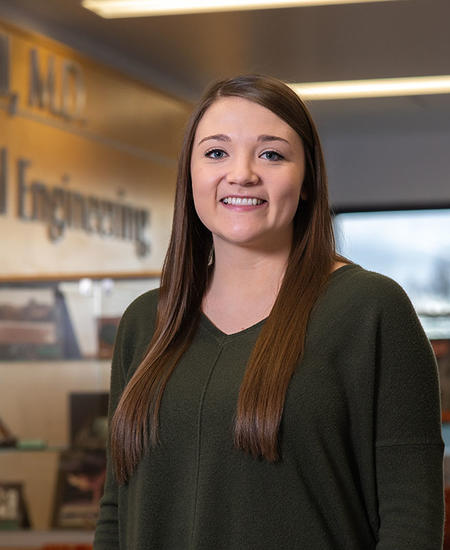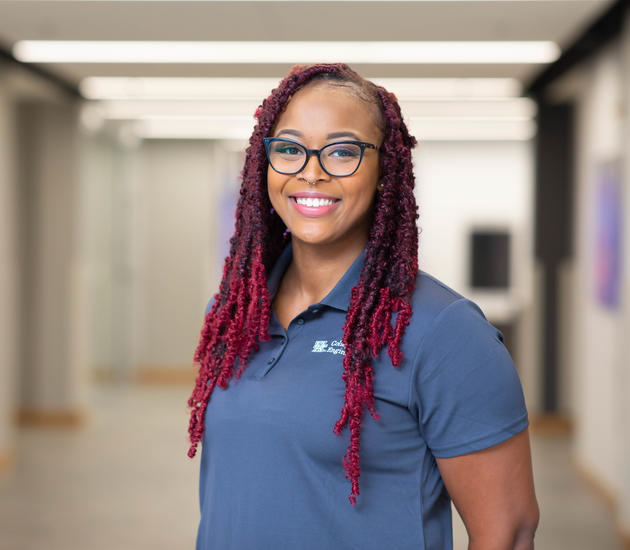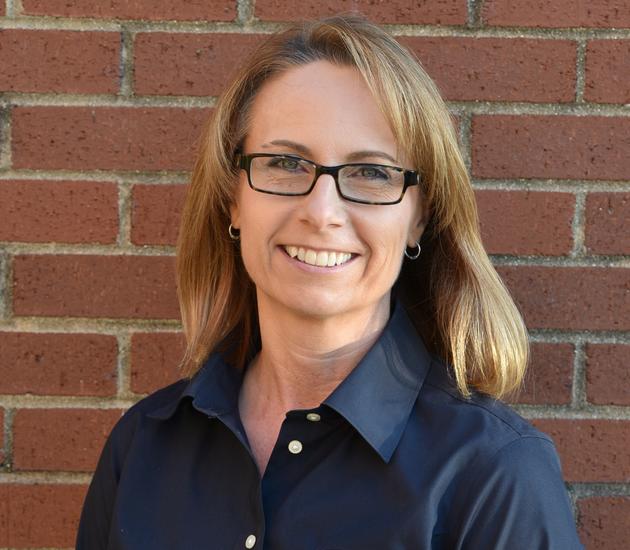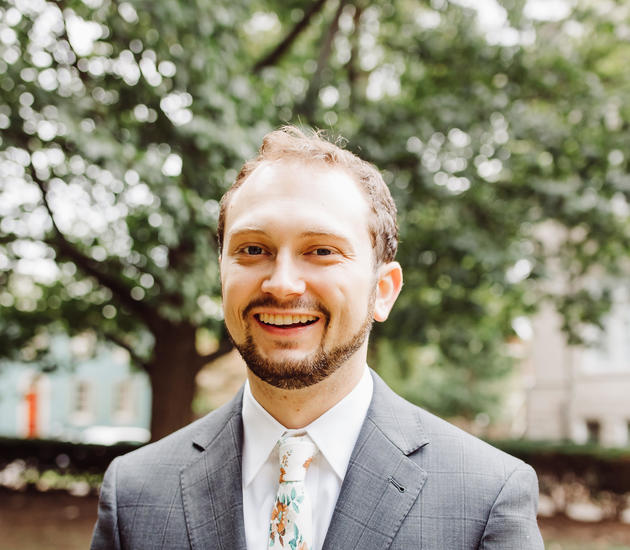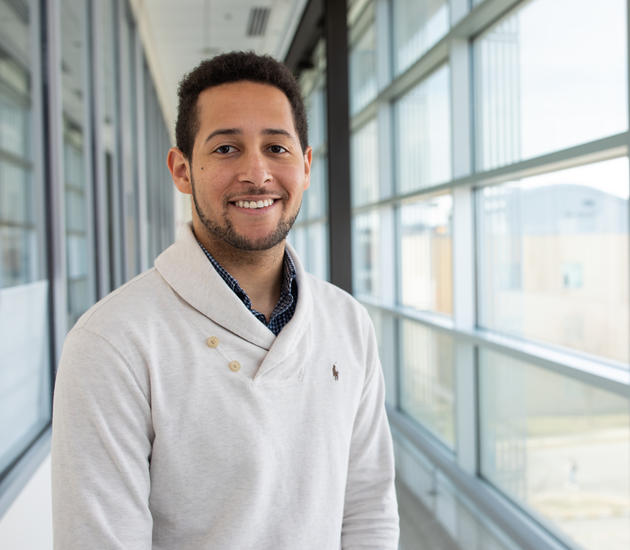By Kel Hahn
When a new graduate student joins a professor’s lab, they often enjoy a reasonable acclimation period. They need time to adjust—perhaps to a new city, the professor’s way of conducting research, their slate of classes or even the field of research itself.
Shortly into the fall 2019 semester, Lauren Bell quickly discovered biomedical engineering professor and department chair Guigen Zhang prefers trial by fire.
“During my third week here, Dr. Zhang said he wanted us to participate in the upcoming Cardiovascular Research Day, which was only a couple of weeks away” Lauren, a biomedical engineering master’s degree student, recalls. “He gave us a bunch of papers, said to read up, and encouraged us to do whatever testing we could.”
Zhang’s enthusiasm not only pushed his baby birds out of the nest, but it also enabled Lauren to make connections with other researchers.
“One of the judges who evaluated my poster specializes in Alzheimer's research, and another one does cardiovascular work. Both areas are potential connections to what we’re doing with biomaterials and biosensors, so we’ve had ongoing interactions with them regarding potential biosensing devices,” Lauren says.
One area of research in Zhang’s lab is developing biosensors. Small three-electrode sensors equipped with targeted membranes work electrochemically within different solutions to provide data about oxygen, cholesterol or other important biomarkers. This data is collected through amperometry and a constant potential being applied to the system, which results in a redox reaction that creates a change in current. This current is analyzed and directly related to the concentration of the solution being tested.
“To understand a form of biosensors, you might think of glucose strips used by people with diabetes. They test their blood and give real-time monitoring of blood glucose levels,” explains Lauren.
Initially an education major, Lauren eventually switched to biosystems engineering with a biomedical engineering minor. Through the minor, Lauren took graduate-level biomedical engineering courses, met faculty and learned about the different labs. After graduating in December 2018, Lauren knew she wanted to begin a master’s program with Zhang but decided to first spend about a year working full-time at Piramal Pharma Solutions in Lexington, where she had previously interned.
“I took a class with Dr. Zhang while I was an undergraduate and was interested in what his lab does. It’s a great conjunction of working with materials to help people and advance biosensing capabilities.”
One semester into her program, Lauren says the master’s degree is perfect for her career goals.
“I like research, but I lean toward working in industry after I graduate with my master’s degree. Companies have shorter goals, and you feel like you're doing more to help.”
